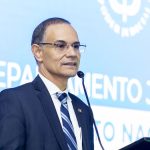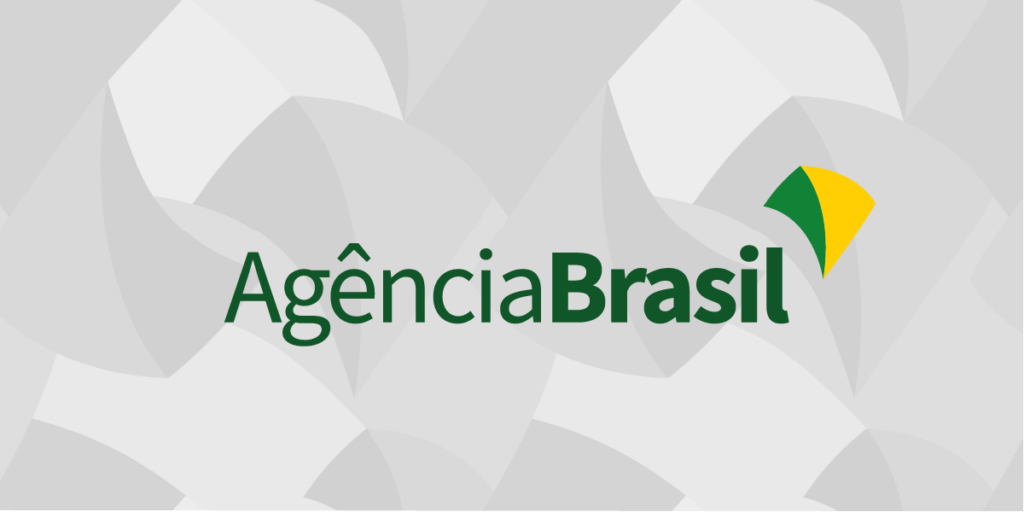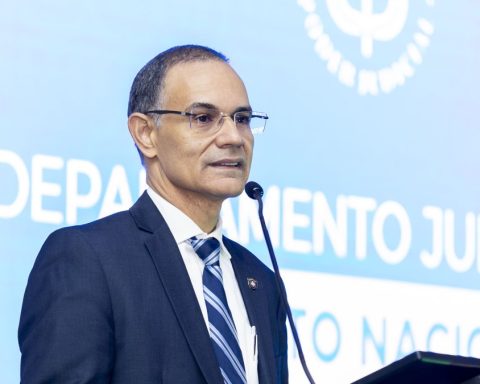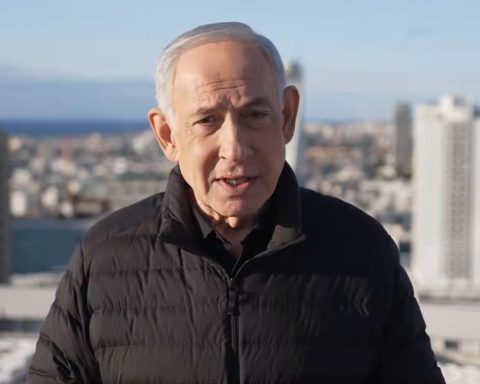The National Television Council (CNTV) published on Tuesday the results of a survey on television and human rights. The body revealed that 53% of those consulted believe it is “essential” that the law restrict hate speech in the media.
In the survey, CNTV indicated that some countries have “regulations aimed at restricting the circulation of hate speech in the media.” When asked “which of the following statements best represents your opinion on this issue?”, 53% answered “essential. These speeches are NOT acceptable”
In turn, 23.5% indicated that these regulations are “necessary, but balancing them with freedom of expression”, while 23.6% pointed out that they are “unnecessary. There should be no regulation of speech”.

On the other hand, when asked “do you think that television should broadcast programs that
contribute to the exercise and respect of human rights?”, 68% answered affirmatively; 3% indicated that they did not know, and 29% indicated that they did not.

To prepare the survey, the CNTV sent an email to a total of 23,321 people -who have made complaints to the agency- and received 2,541 responses, which represents a rate of 11%. The field work was carried out between Friday, November 25 and Monday, December 5.
“The sample of this study is not probabilistic and, therefore, it only represents the opinion of those who decided to answer the query. It is not possible to make inferences about the total population from these data,” said the CNTV in the study. .
Affected groups
The CNTV presented in the survey 10 “historically discriminated” groups. The agency consulted which of them were presented as favored, disadvantaged, or neither favored nor harmed, by open TV.
48.5% of those surveyed indicated that open TV shows indigenous peoples as a harmed group. It is followed by people in a situation of poverty (47.9%), the elderly (45.2%), people with disabilities (38.4%) and sexual diversities (37.3%).



















